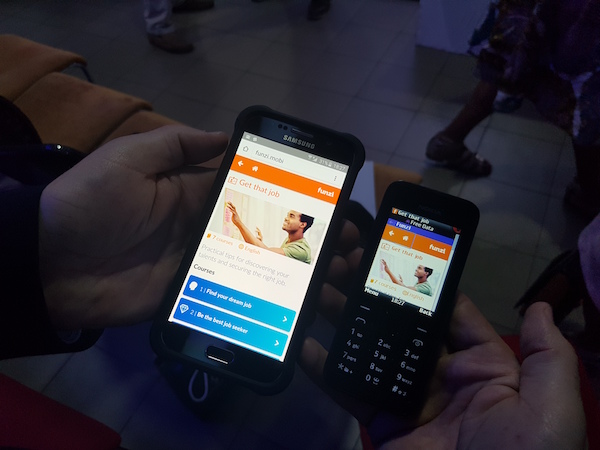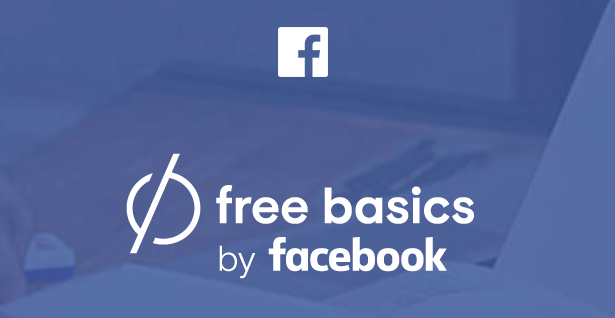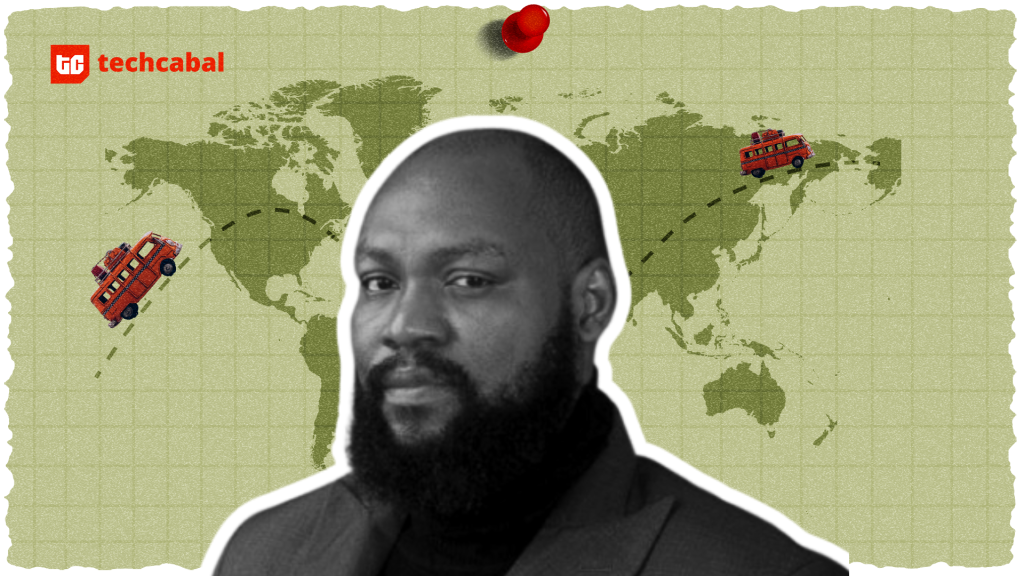Yesterday was an interesting day, indeed for technology enthusiasts in this corner of the globe. Yes, I see the irony in implying a globe has corners but leave it, yeah? There are more important things to think about, like the fact that Nigeria has just become the 40th country in the world, and 22nd in Africa to gain access to the Facebook/Internet.org Free Basics platform.
If you’re wondering what Free Basics is, it’s an initiative by Facebook and a bunch of partner companies to deliver zero-rated internet services to the 4 billion-odd people still offline. Obviously, most of these people live in developing countries, so Facebook’s strategy has been to reach out to local telcos and get them to zero-rate certain sites and services that meet Facebook’s criteria, and thanks to Airtel, Nigeria has joined the ranks of Free Basics-activated countries.
Free Basics, activated.
You should read that in Tiwa Savage’s voice.
“We’re pleased to take this big step forward in our partnership with Facebook, bringing more people online in Africa’s most populous country and helping to further narrow the digital divide,” said Airtel Africa CEO, Christian de Faria about the partnership.
Excited to be launching Free Basics with Airtel Nigeria #flexoninternet #freebasics #airtel pic.twitter.com/efAOyt4tOR
— Jennifer Fong (@jenniferjsfong) May 10, 2016
Our friends at Techpoint report that Segun Ogunsanya, MD/CEO of Airtel Nigeria said, “The partnership between Facebook and Airtel is a groundbreaking accomplishment as it marks an important milestone in making internet accessible to every Nigerian, one person at a time and also create opportunities for millions of Nigerians.”
Anyone want to guess where I am? pic.twitter.com/5tVLx6sQiJ
— osarumen (@skweird) May 10, 2016
Honestly? After attending Facebook’s Fireside Chat with Ime Archibong yesterday about Free Basics, I can understand their mission, and why it makes sense. Asides from the belief that internet connectivity is a fundamental human right, Facebook is incentivised to bring more people online because those people will likely use its core product – the Social Network – to connect with each other. The telcos providing the bandwidth/zero-rating the services will see a massive swell in their user base, and the service providers who are submitting their sites for consideration will now have access to the users at the bottom of the pyramid – easily the largest demographic in 3rd world countries. The end users will have their lives changed as well, because they now have (free) access to selected internet services – like drinking the web through a straw. For free.
I know, I know. You’re raising questions about Net Neutrality. If Facebook gets to handpick which services are allowed on its Free Basics platform, then that confers the power of a gatekeeper on them (and unfairly so). The thing is….they don’t. After their initial roll out in late 2013, the pro-Net Neutrality public cried out, and in May 2015, Facebook turned their project into a platform and opened up the walled garden. This means anyone who makes a submission that meets their criteria will have their site listed on the Free Basics platform, and thus gain access to users in ALL the countries which have been activated. And anyone who doesn’t will instantly know why they got rejected.
According to Emeka Afigbo, who handles Strategic Product Partnerships for Facebook in the Middle East and Africa, the Free Basics review team ticks three boxes before letting any sites go live on their platform. The first is that the sites’ activities must be legal in whatever countries they are activated in. It may seem pretty obvious, but I think it’s a common thread with arbitrage pricing (when the same service is offered at different prices to different demographics) that savvy users may try to bend the internet infrastructure to their will.
Think about how Nigerians used to make their Android devices act like Blackberries, to take advantage of the insanely cheap data plans when RIM was still a thing. Users in Angola and Bangladesh also turned Wikipedia’s free internet efforts, Wikipedia Zero into an free, ad-hoc filesharing network.
@_diGREAT @FemiPhoenix @SageSeid @TheGrandVezir Wiki is zero-rated for some developing countries, as part of a project named Wikipedia Zero.
— osarumen (@skweird) April 29, 2016
@_diGREAT @FemiPhoenix @SageSeid @TheGrandVezir allowed to upload & download from Wiki's servers without getting charged by their telcos. /2
— osarumen (@skweird) April 29, 2016
@_diGREAT @FemiPhoenix @SageSeid @TheGrandVezir upload those chunks serially, to the Wikipedia Commons database, then share the links in /4
— osarumen (@skweird) April 29, 2016
@_diGREAT @FemiPhoenix @SageSeid @TheGrandVezir I think it's amazing because this is the same demographic we consider…unsophisticated. /6
— osarumen (@skweird) April 29, 2016
The second is the technical specifications box (which have been outlined in here). The third box? The site must be data-efficient. This last one is a given, since local telcos have agreed to bear the financial brunt of the bandwidth consumed. Right now, Airtel is the only one that’s been activated, but Ime Archibong, Facebook’s Director of Product Partnerships let us know during his chat with Bankole that it’s only a matter of time before other telcos jump on board.
A lot of the attendees (developers, tech bloggers, enthusiasts) are used to interacting with sites that come with all the Javascript/CSS bells and whistles web publishers can think up, so it was interesting to see the reactions/hear the gasps when Emeka Afigbo showed us the Free Basics version of Nairaland. Jisox, it was like 1999 all over again. Thankfully, that was an extreme example. Some sites like Funzi.mobi translate to the Free Basics paradigm a bit better.

It’s easy to see why Facebook reached out to local developers. Locally-relevant content begets local engagement. Because the very nature of the Free Basics platform strips all the non-essentials (no Javascript or Flash), Nigerian developers are integral to the success of the project in the country. The people at the bottom of the pyramid will not necessarily respond to solutions/apps designed with other demographics in mind. In the same vein, I’m excited to see what the geniuses in the Lagos Facebook Developer Community can whip up in the coming months. Fingers crossed.
In other news…Mark Zuckerberg wrote a puff piece last night about Jobberman (one of the sites who got access ahead of time) on Facebook, and about the exciting things he expects Nigerian developers to build on the platform. Get a load of the comments section. Tsk, tsk. Nigerians.
















